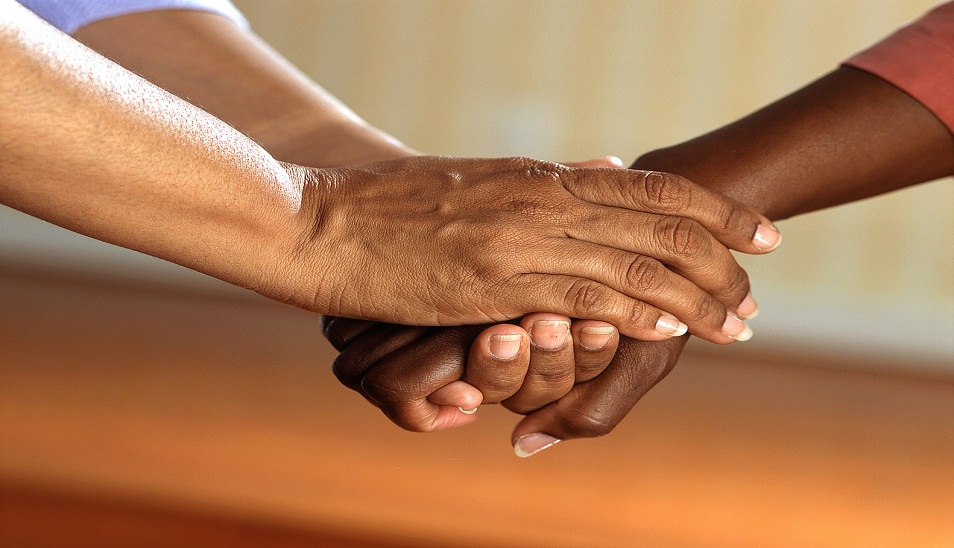
Since 1937, the Harvard Study of Adult Development has closely followed one entire class of Harvard students for more than 70 years, through college, careers, marriages, divorces, illnesses, and for many participants, even death. The study focused on how different behaviors are linked with various outcomes in terms of health, happiness and longevity.
When the physician director of the Harvard Study was asked what this unique and comprehensive database revealed he replied, “The only thing that really matters in life are your relationships to other people.” Truly, our interpersonal relationships dwarf every other factor in our lives for predicting the quality and quantity of our life. In other words, family and friends are much, much more important to our physical and emotional well-being than money or anything else. For instance, recent studies show that belonging to a social group that meets even just once a month, has the same positive effect on your sense of well-being as doubling your income.
In his brilliant new book “Stresscraft” (an e-book available on amazon.com), my good friend Frank Forencich writes about how today’s focus on the individual, rather than family, community, and tribe is unprecedented in human history. During the vast majority of human existence on Earth, people identified powerfully with their “group.” Ubuntu (pronounced oo-Boon´-too) is a traditional philosophy of the Bantu tribe from southern Africa that believes a connection exists between people, and it is through this bond that we discover our identity and our purpose in life.
Ubuntu holds that, “I am what I am because of who we all are.” The worldview of ubuntu speaks about belonging, about compassion, about being a valuable part of something bigger than each of us. In this way of life, when someone is degraded or humiliated, we are all diminished. According to Frank, “Ubuntu is not just idealistic Afro-hippie talk. It’s solidly supported by the latest findings in social neuroscience and interpersonal neurobiology. The philosophy of ubuntu is practical, intelligent, and functional.” This attitude that we all need each other gives us resilience, strength and assurance to persevere in the face of daunting hardships.
In Good Health,
James O'Keefe, MD
Photo Credit: Pixabay Creative Commons




